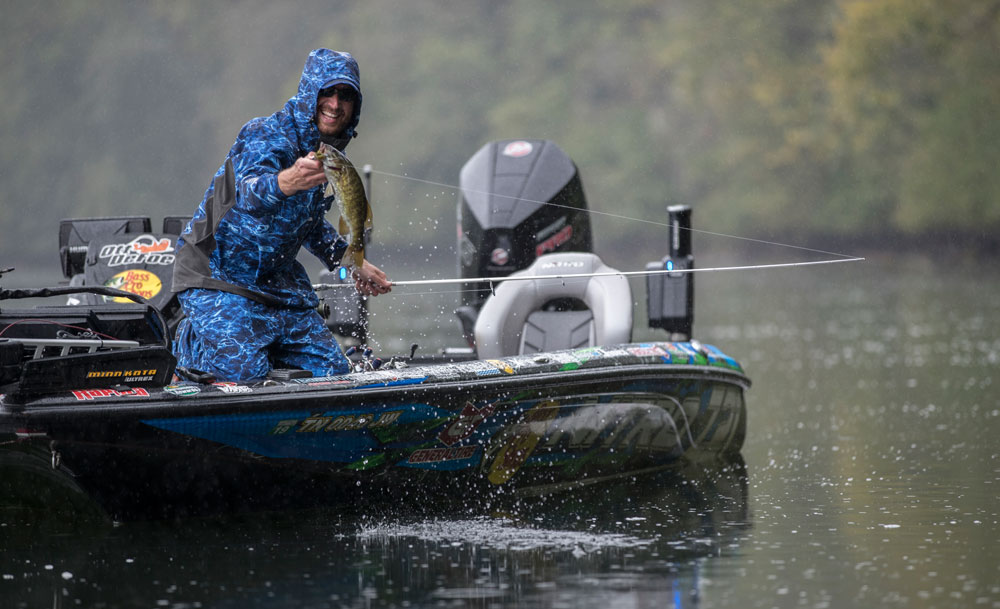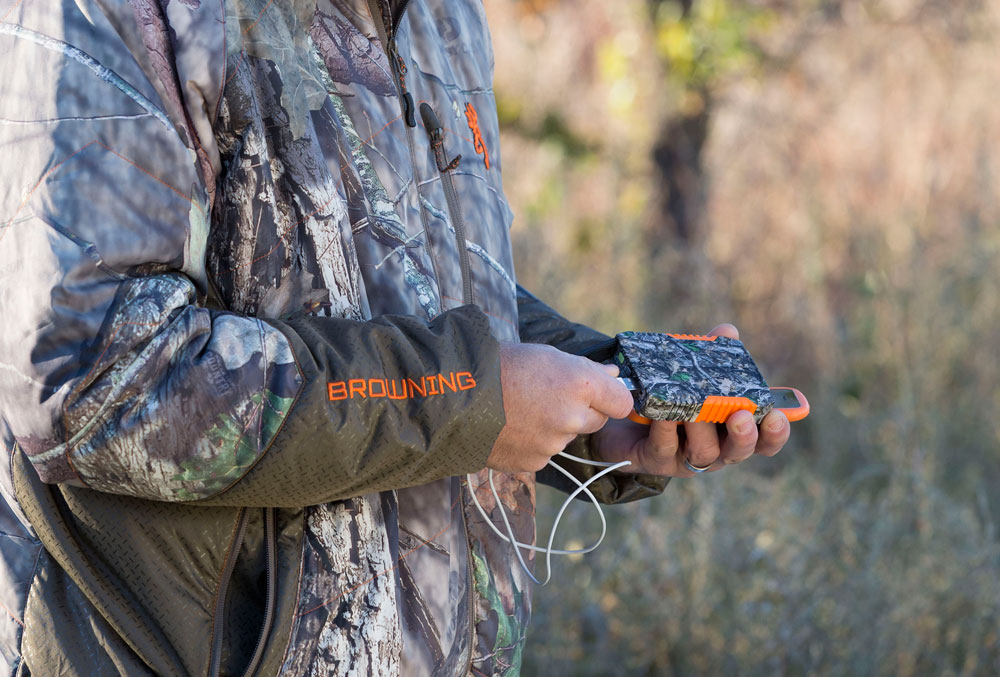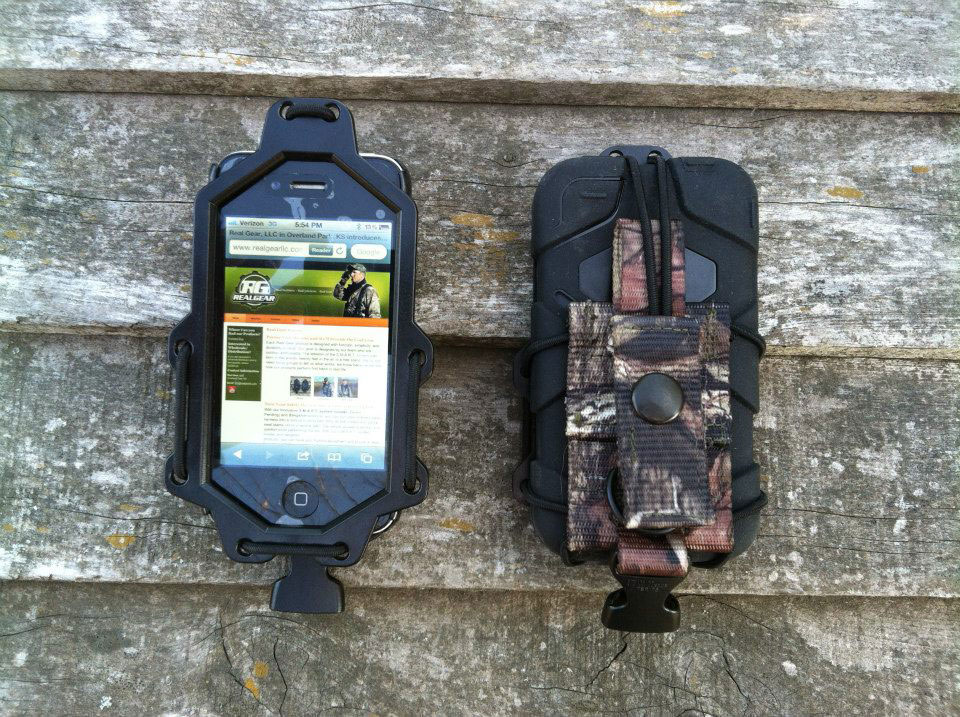Electronics can provide not only entertainment but an invaluable safety net during outdoor activities like camping or hiking. Easy accessibility to a GPS can be a lifesaver in extreme instances, and the ability to make and receive phone calls from loved ones can raise spirits after a particularly challenging day of walking in the wilderness.
These important products can be damaged on outdoor excursions, particularly when you’re exposed to extreme seasonal conditions.
If you’re out in inclement, or even just damp conditions, it’s important to take suitable measures to keep these electronics protected and prevent damage. Have a look at some of our best tips for protecting electronics outside.

1. Use appropriate, weatherproof equipment.
When it comes to camping in difficult weather conditions, take the same approach to protect your electronics as you do for yourself: Make sure you have weatherproof gear.
For a phone, consider shelling out a bit of extra money for a fully waterproof and protective case. This advice also goes for cameras or GPS devices. Even if you think they’re safe and dry at the bottom of your rucksack, rain and snow can insidiously seep through the bag’s surrounding material and soak your electronics without your realizing it.
You should also take care to zip up your pocket if that’s where you keep your phone. This helps you avoid losing your electronics as you clamber over rough terrain.
2. Leverage soft case protection.
Although they can be effective forms of protection, hard, bulky, fully waterproof cases aren’t the most affordable option.
Instead, consider opting for a soft case for your phone and other valuable electronic devices. These cases are often less expensive than their hard-case counterparts. They can be made of a silica gel, making them great at standing up to short-term environmental wear and coping with high temperatures.
If you opt for a soft-shell case, you should still choose a high-quality variety. You won’t be saving money in the long run if you choose a case with no protective capacity, especially if you find yourself hiking or camping in the rain.

3. Be mindful of the temperature.
This is an easy and incredibly effective way to help protect your electronics. Exposure to heat can cause short-term shutdowns and long-term lasting damage to these devices.
If you have an older model of an electronic device, it may help to manually shut the device down when weather conditions get too hot. This helps protect the electronic systems inside the product from overheating. Many newer phone models automatically shut down when they reach a certain temperature: it’s worth checking if that’s the case. Simply switch the device back on when it gets cooler and when you need to use it again.
It also helps to keep your electronics out of direct sunlight. Try to keep them in a shaded place, such as in your bag, pocket, or under a tree’s foliage if you’re sitting down for lunch. A cool electronic device is far less likely to malfunction or shut down unexpectedly than a hot one.
Professional adventure photographer Dan Silverberg recommends another useful tip in his blog: He argues you should be wary of exposing your electronics to dramatic changes in the external environment. Extreme temperature changes, like those that occur when you step inside after a wintery hike, result in condensation that can damage your electronics. Instead, keep your devices packed in your backpack or weatherproof cases as you switch locations.
4. Use sealable food bags.
These bags are some of the cheapest (and best) ways to provide extra protection for phones and other electronic devices. If you’re worried about the protection that a cheap soft case on its own might provide, store the device and case inside a zip-seal food bag.
This can be an especially effective method for storing a phone or GPS, which you might prefer to keep on hand. Because the bags are clear and thin, you can use your device while it’s covered by that extra layer of weatherproof protection.
Sealable food bags can be particularly effective if you’ve chosen to do some winter camping. /our-obsession/blogs/how-to/an-adventurers-guide-to-winter-camping Keeping your waterproofed device close at hand can allow your body heat to keep the electronic from freezing over or shutting down in extremely cold conditions.
5. Dry out your tent, clothes, and camping equipment.
If it’s been raining, take some time at the end of each day to air out and wind-dry your clothes.
It’s also a good idea to make pitching your tent your first priority once you arrive back home from your trip. Give the tent some standing time in your yard to properly dry, thereby preventing mold and damp spore growth and ensuring it is completely dry when you set off on your next trip.
The drier and more aired-out the camping gear is in your rucksack, the more protected your electronic products will be.

6. Treat damaged electronics.
Sometimes, no matter how hard you try, you aren’t able to prevent your electronics from damage from foul and extreme weather conditions.
If your device comes into direct contact with water, turn it off (if it hasn’t shut down automatically) and place it in silica gel. If you don’t happen to have silica gel on hand, any other desiccant material can help: Uncooked rice can help to dry out a phone.
If you get dirt on or in your device, try sticking scotch tape over the surface. This can help you pick up grains of sand or dirt when you peel the tape off.
You can also use cans of compressed air, found at most tech stores, to get dirt out of the smallest areas of your phone or electronic device. Wait to use this method until you’re back home, as these cans might burst on the trail if you expose them to hot temperatures.
Electronic devices can help you to navigate and communicate your way out of potentially dangerous situations. Hopefully, these tips can help you keep these products protected and effective in any and all outdoor conditions.






























